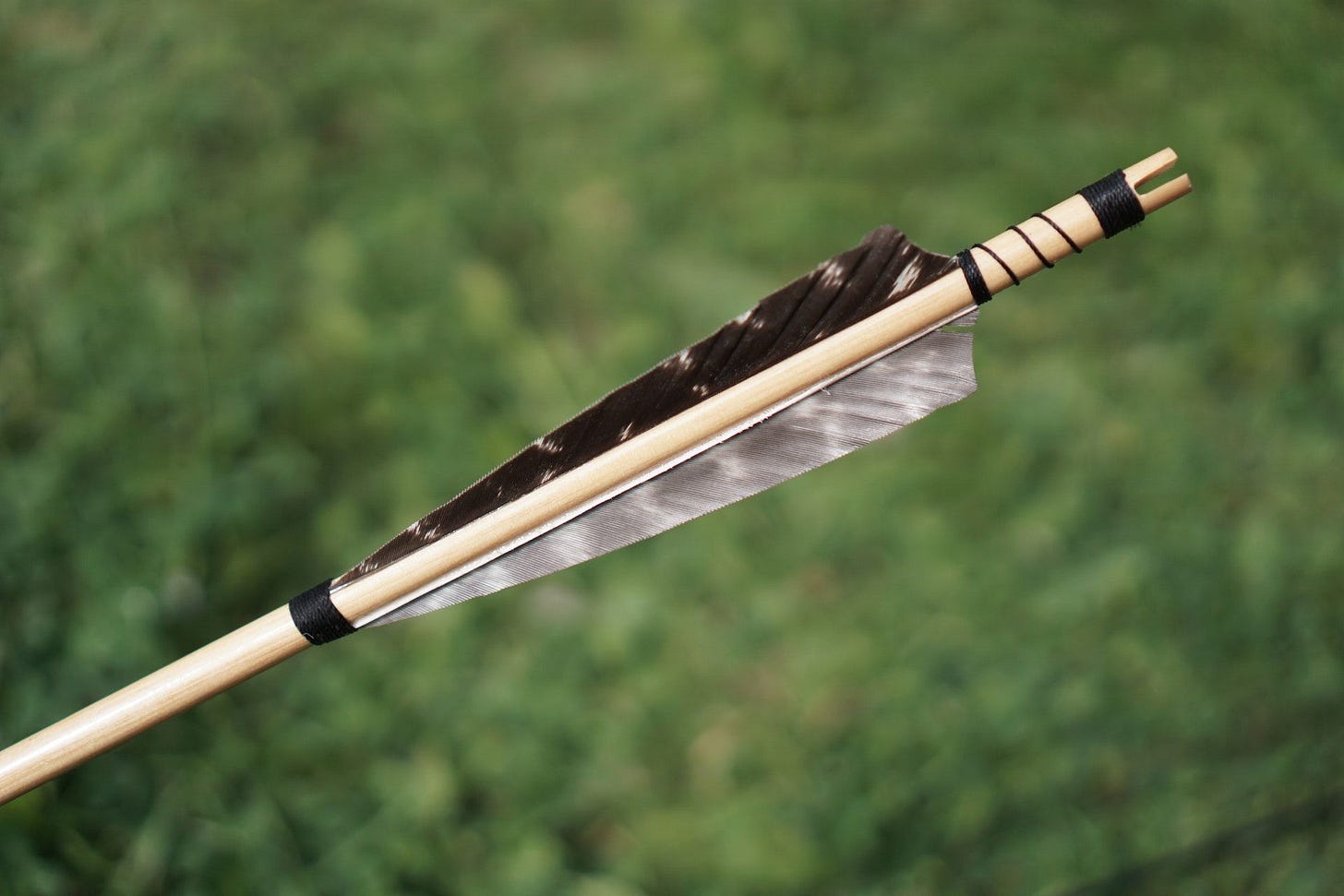Poisoned Arrow

The Buddha often shunned metaphysical questions. Instead, he guided disciples to focus far more on practice and less on inquiries of spiritual existentialism. When asked whether the universe is infinite, the Buddha responded, “What difference does it make whether the world is unlimited or not? The problem of your liberation remains the same.”
He knew that demanding answers to seemingly meaningful questions like “why” and “what” impeded diligent application of his teachings.
The sublimely serene Vietnamese monk and spiritual teacher Thích Nhất Hạnh related a similar message from the Buddha: Suppose a man is pierced in the arm by a poisoned arrow. Rather than seeking immediate medical attention, the man first insists on knowing who shot the arrow and why, what type of bow was used to launch the projectile, how tensely it was drawn, and so forth. The man would long be dead before resolving his inquisition.
Likewise, our challenge is one of mistaken perspective. The arrow is any form of suffering caused by belief that the world, our body, or other bodies are the source of our joy and grief.
The presumption that happiness and sadness are the result of various goings-on in what we call “life” leads to misdirected questions. “What needs to change so that I feel better? What can I, or others, do to improve my situation?” All of which ignore the arrow.
As we read in A Course in Miracles:
It is your thoughts alone that cause you pain. Nothing external to your mind can hurt or injure you in anyway. There is no cause beyond yourself that can reach down and bring oppression. No one but yourself affects you. There is nothing in the world that has the power to make you ill or sad, or weak or frail. (W-pI.190.5)
As such, the way to remove the interminably self-inflicted toxic dart is not by desiring answers of the world, but by changing our thoughts. Every concept reinforcing the belief that the world can make us cheerful or wretched is another poisoned arrow we’ve let fly.
Even a cursory glance at the content of our thoughts reveals the extent to which we’ve mastered archery.
But turning attention to the removal of arrows, from our arm and others, leads to the most extraordinary sense of peace. Which is achieved by looking at each thought with gentleness, with kindness, with a light-heartedness, and without judgment. No longer asking who, what, or why but instead, “How might I see this differently?”
A little willingness to question not motive but meaning changes everything.
Join me in Thursday’s class where we’ll explore the practical application of the course’s teachings to heal wounded arms and experience blissful tranquility. I look forward to seeing you then.



